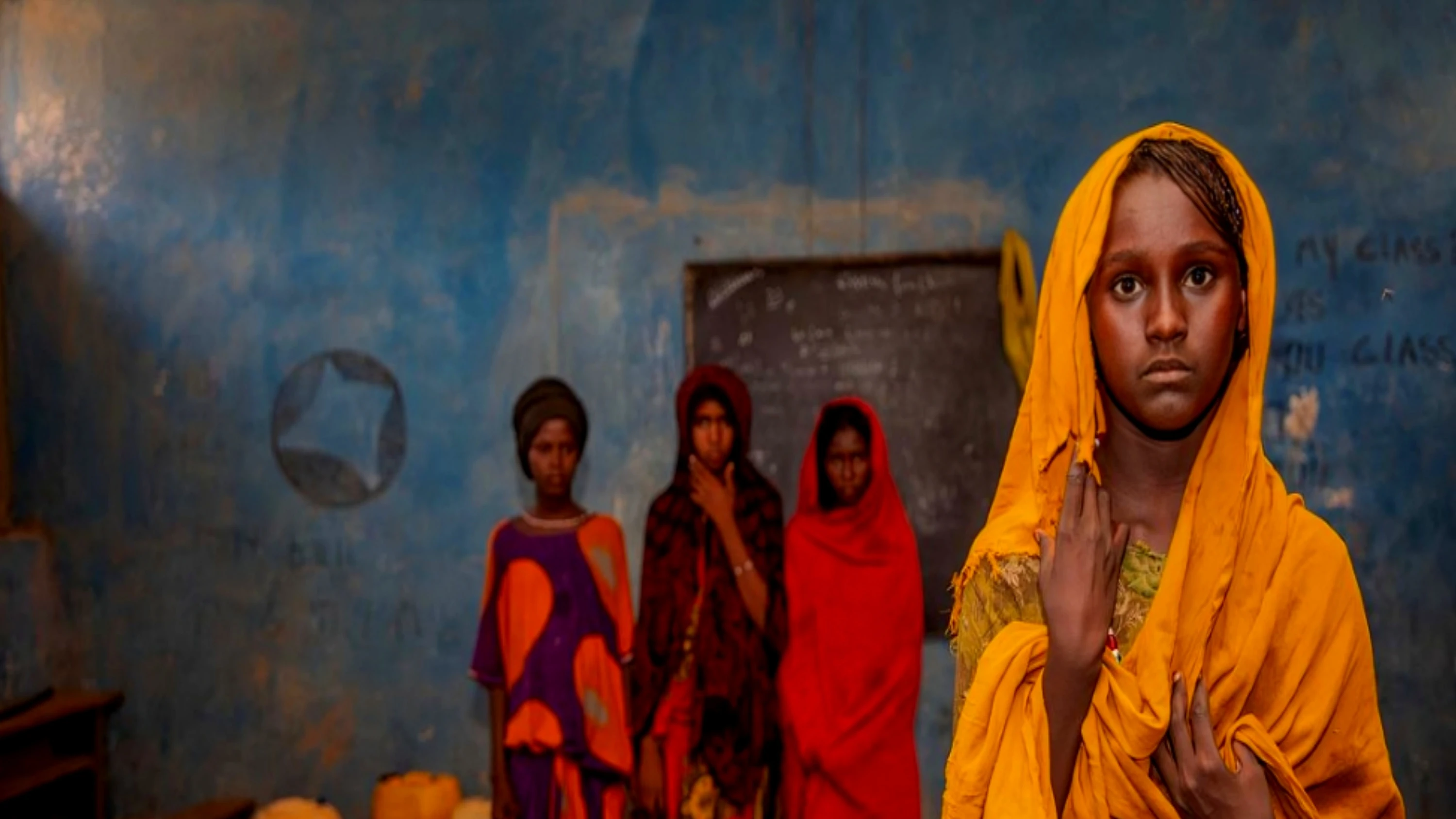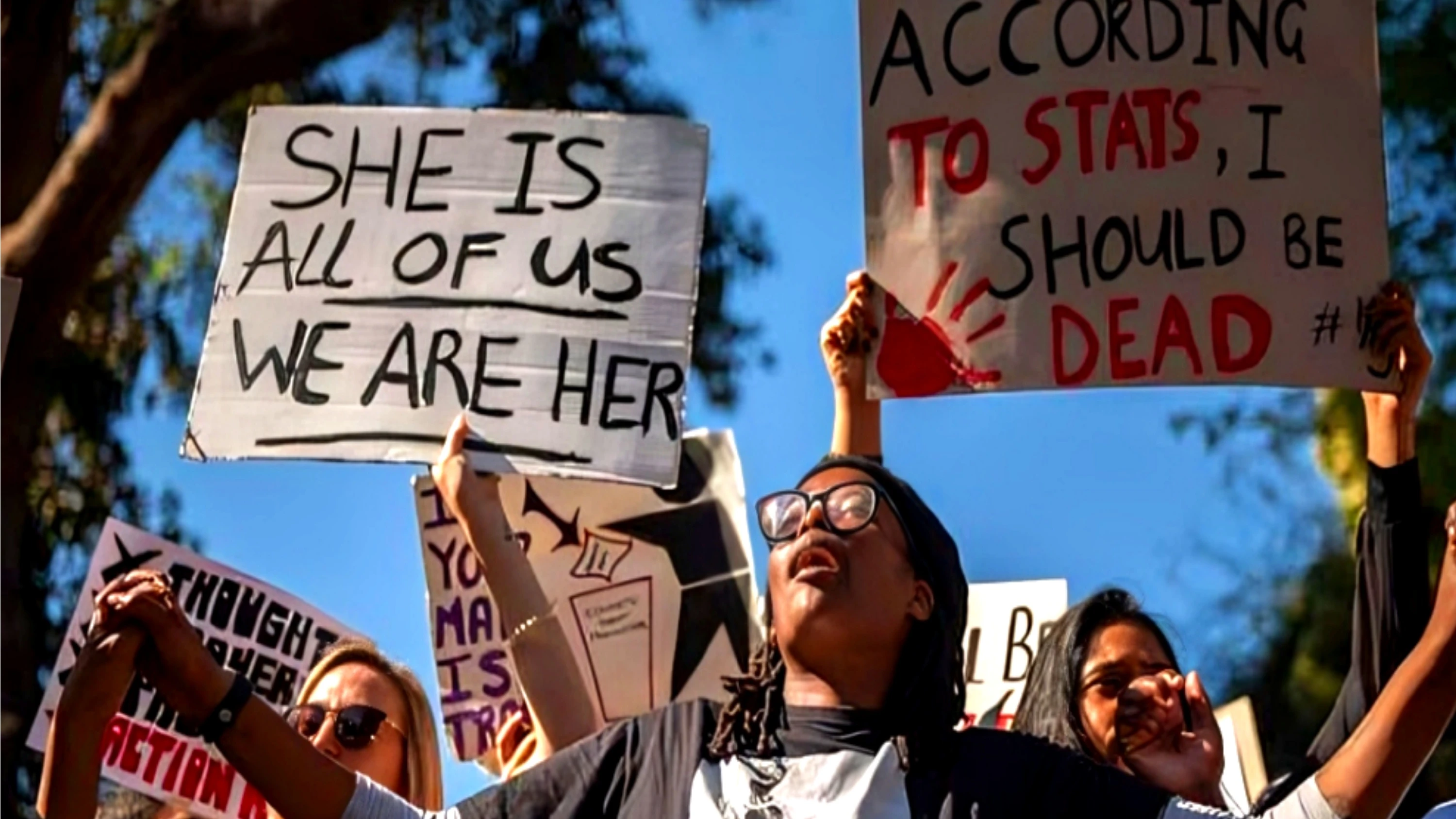Geneva: The United Nations World Food Programme (WFP) has been forced to suspend its nutritional support for 650,000 malnourished women and children across Ethiopia due to an acute lack of funding, the agency announced this week. The decision comes as millions more stand to lose vital humanitarian assistance if new funds are not secured soon.
Zlatan Milisic, WFP's Country Director in Ethiopia, said donor contributions have significantly declined in 2025. While the agency received limited exemptions from U.S. President Donald Trump’s broader aid freeze, this year’s support has been sparse, putting many of its operations at risk.
Ethiopia is currently grappling with a dire food security situation, with over 10 million people facing acute hunger. Among them are three million internally displaced persons, as well as refugees fleeing ongoing violence in neighboring Sudan.
Milisic noted that the WFP had already scaled back food rations earlier this year, but the continued financial strain has now brought operations to the brink.
“This week we had no choice but to halt nutrition treatments for 650,000 women and children because we simply don’t have the food or the funds to continue,” he said during a briefing from Addis Ababa.
The suspension affects communities in various parts of the country, including the conflict-affected northern regions of Tigray and Afar. A WFP spokesperson said efforts are underway to secure emergency funding to resume services as soon as possible.
Looking ahead, Milisic warned that if additional financial support does not arrive by June, approximately 3.6 million people—including some currently receiving malnutrition treatment—may be cut off from aid entirely.
“This is a critical juncture,” he emphasized. “Without urgent resources, the consequences could be devastating.”
Ethiopia’s hunger crisis has been compounded by multiple overlapping disasters in recent years, including the Tigray civil war (2020–2022) and the region’s most severe drought in decades in 2022. The WFP has also cautioned about the potential return of drought conditions this year, which could further worsen the humanitarian situation.








